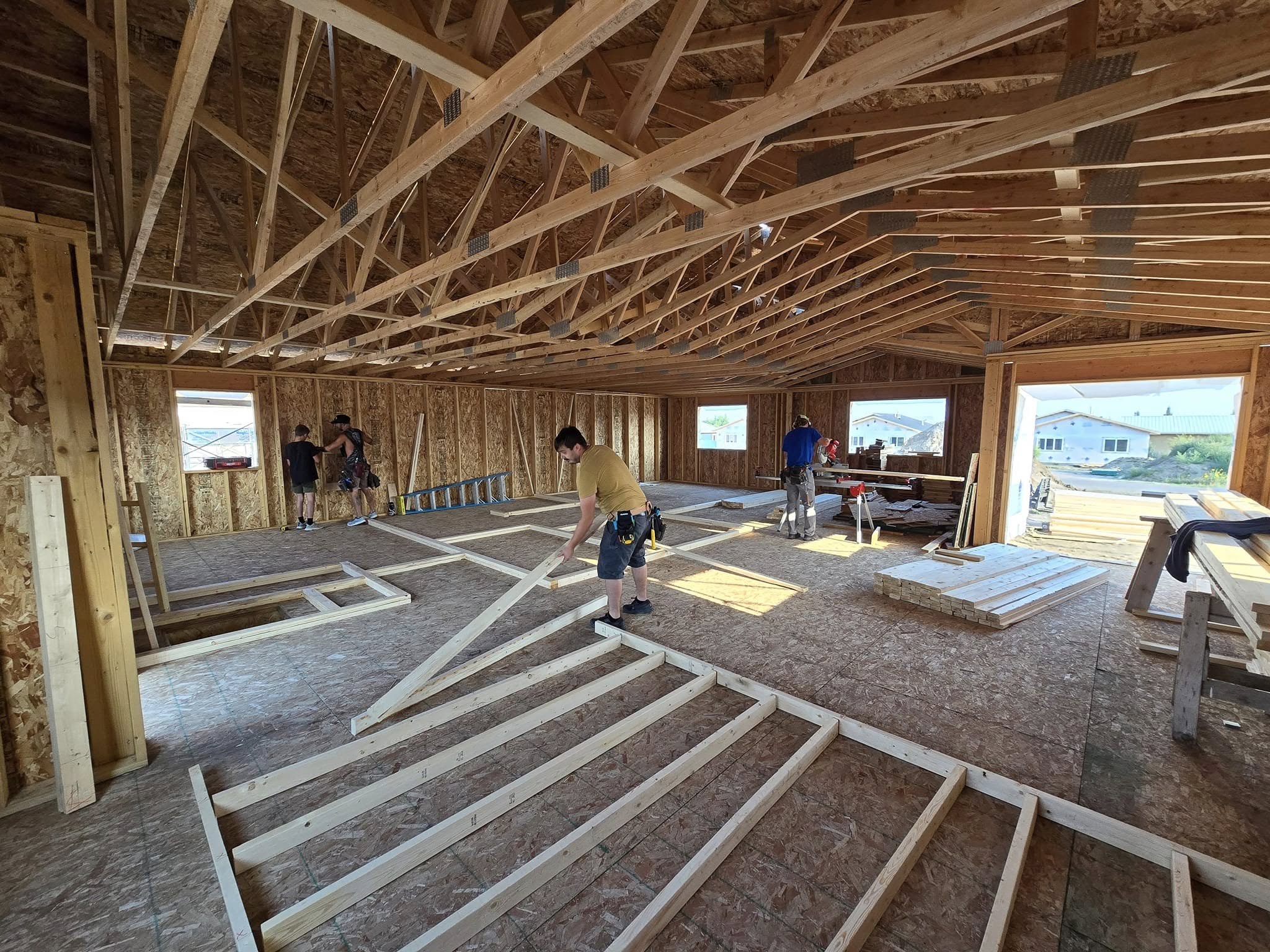It was bound to happen: Oil goes up to $140-plus a barrel and the president calls for offshore drilling and opening up the Arctic National Wildlife Refuge, aka ANWR. Technology will prevent another Exxon Valdez disaster, he says, or a slick-bathed California shoreline.
Doesn’t that just sum up the Bush “energy policy” for two administrations — oh, hey, this should make my family, buddies, along with Uncle Dick, even richer.
Bush, of course, proposed it as relief for the national “pain at the pump” — and can we retire that played-out phrase? Geez, people, alliteration’s great, but please.
The Dems slapped him down right quick this time around — well, not SLAPPED, exactly, but gave him an indignant shove, anyway, and said forget it.
The media rolled out experts more quickly than I remember during the last go-round about ANWR. The wonks say you can drill off both coasts and in the wildlife sanctuary but it would be at least ten years before it would do anything to lower gas prices. If then.
Out here in California, where we prefer our sea life sans crude, Governor Arnold Schwarzenegger said no to offshore drilling.
That is because he is a great environmentalist, even though he flies a private jet back and forth from Sacramento to Los Angeles, where he lives with his family, but he does buy carbon off-sets so his footprint is, you know, smaller.
To Schwarzenegger’s credit, he did make noise about the need to develop alternatives to fossil fuel as the only way to get us out of all this.
Anyway, U.S. Sen. Dianne Feinstein (D-Calif.) pushed back against the administration on offshore drilling as well, so seems lifting the moratorium won’t happen right now.
But it’s not only on the coast. In Los Angeles, oil drilling is a backyard issue. A local group recently framed it for what it is — a health issue.
There’s methane seepage, low level toxic fumes, along with the runny eyes, nausea and allergic reactions, and potential increased cancer risks that residents suffer.
We joke in California that the Bushies would love to knock down regulation so companies could stick an oil well in our front yards. But no joke and what do you know — a Houston-based oil company has proposed an expansion of drilling in a heavily populated area of Los Angeles.
The Community Health Councils, a non-profit established in 1992 in response to dwindling health-care resources and to do community-based advocacy and policy work, has been leading the charge in response.
If you drive from Los Angeles International Airport along Stocker and up over La Brea toward the Santa Monica Freeway that takes you downtown, you pass through hills with some 400 oil pumps spread over two square miles that look like outsize cooties bobbing their heads up and down, sipping from the ground.
That area abuts many neighborhoods, including residential tracts in the Baldwin Hills and Ladera Heights that for decades have attracted landed middle- and upper-middle-class African-American families.
With the price per-barrel of oil soaring, no wonder PXP, the Houston-based oil producer that operates the 400 wells, now wants to drill 1,000 new ones.
A local moratorium on drilling there, put in place after a gust of methane gas erupted over the area two years ago, expires on June 30.
PXP wants to more than double the number of existing wells and the residents rallied, with the Community Health Councils, with its bird’s eye-view analysis of public health, in the lead.
They are asking for an Environmental Impact Report and a Community Standards District that could allow local government to more closely monitor and regulate oil production within it. According news reports, PXP is non-committal about just how much they intend to cooperate with community requests.
Today The New York Times dinged Barack Obama for his close ties with ethanol producers — this after the weekend new shows focused on John McCain’s backing of offshore drilling vs. Obama’s call for alternative development.
And it’s true that ethanol production has some onerous costs all its own — the growing of corn for fuel rather than feeding people, for one.
The Los Angeles Times recently explored the human toll for workers in Brazil, which has expanded its stake in ethanol production.
All that’s to say: proceed with caution as we develop alternatives to fossil fuels.
But the fight in LA mirrors those in communities around the country with front-row seats on oil production.
The health impacts remind us: Proceed with caution, but proceed.




It’s time we stopped waiting for Big Oil or Big Government to solve our Big Problems, like escalating oil prices. We’re running out of oil and I for one think it’s about time we overcame our auto addiction. The best thing we could do for our health and our pocketbooks is to start getting where we need to go by biking or walking, and to start advocating for more bike lanes and separate pedestrian and bicycle paths. I don’t believe there is any alternative fuel source that will allow us to continue our auto-dependent culture.